Samsung unveils its Wireless Enterprise infrastructure
Firm to allows businesses to replace deskphones with mobiles.

Samsung has launched a Wireless Enterprise infrastructure, which it claims will enable businesses to deploy wireless LAN optimised for use with mobile devices.
The Wireless Enterprise service aims to provide benefits to end users by allowing comprehensive call management and increased call capacity and quality. It will address three core features of business infrastructure.
WLANSamsung believes that Wireless LAN is critical to businesses because mobile devices are now dominating the workplace.
Currently, WLANs are configured to deal with laptops and not high volumes of smartphones. This results in poor coverage, roaming and dropped calls for end-users, according to Samsung.
The Korean firm claims to have optimised the design of its WLAN infrastructure to provide an unparalleled experience.
Features built into Samsung Enterprise network include AirMove, which is designed to provide a seamless transition for users between access points, without delaying the call or dropping it.
Other core features include AirEqualiser and Intelligent Beam Selectable Antennae (IBSA). Air Equaliser aims to analyse the connection requirements of a device and optimise connectivity accordingly. Whereas IBSA aims to reduce interference and increase coverage by up to 30 per cent by delivering signals to handsets more accurately in a congested spectrum.
Get the ITPro daily newsletter
Sign up today and you will receive a free copy of our Future Focus 2025 report - the leading guidance on AI, cybersecurity and other IT challenges as per 700+ senior executives
VoiceIn busy work environments, it can be difficult to carry out phone calls on a mobile due to poor call quality, according to Paul Templeton, GM of Enterprise networks at Samsung. Through its Enterprise network, Samsung aims to eliminate this problem.
The infrastructure will take advantage of the hardware embedded into high-end devices such as the Galaxy S4 to provide HD call quality over cellular and WLAN.
This will be done using the Voice Engine and hardware which has been embedded into device, making it exclusive to Samsung products.
Unified CommsThe Wireless Enterprise network is designed to allow employees to hot desk, and use their smartphone in place of a traditional desk phone, Templeton continued.
"Calls can be delivered directly to a smartphone over GSM or WLAN," he told IT Pro.
"If you don't want to use your personal number for business, you can automatically route through the business network and use the office number. Mobile handsets used through the network can record calls."
The infrastructure will also support call recording, unified messaging and conferencing calling. Android and iOS devices will be able to connect to the network but will not be able to provide HD voice calling or controlled roaming.
Samsung has also had its Knox platform green lit for use by the US military, and it is awaiting launch in the UK. By providing a secure version of Android and benefits such as HD calling, the firm could see a boost in the sales of its already popular Galaxy S and Note ranges during 2013.
The Wireless Enterprise technology is available now. Samsung has already installed it in two locations in the UK - within a patent law firm and chemical company.
The electronics giant has also used the network at its brand-new R&D facility in Seoul, where is claims 10,000 employees are working without the need for deskphones.
-
 Asus ZenScreen Fold OLED MQ17QH review
Asus ZenScreen Fold OLED MQ17QH reviewReviews A stunning foldable 17.3in OLED display – but it's too expensive to be anything more than a thrilling tech demo
By Sasha Muller
-
 How the UK MoJ achieved secure networks for prisons and offices with Palo Alto Networks
How the UK MoJ achieved secure networks for prisons and offices with Palo Alto NetworksCase study Adopting zero trust is a necessity when your own users are trying to launch cyber attacks
By Rory Bathgate
-
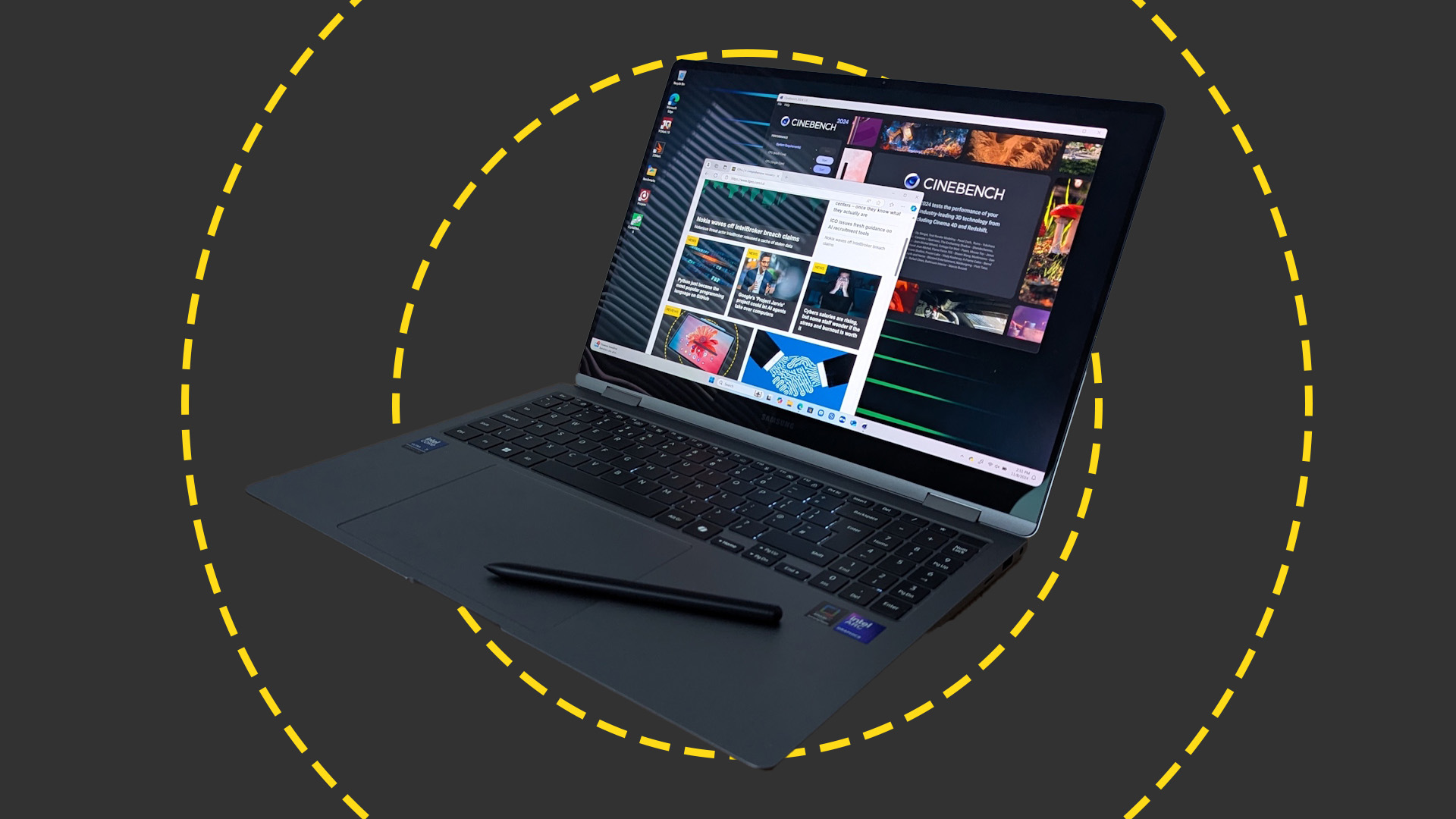 Samsung Galaxy Book 5 Pro 360 review: Almost the perfect big-screen laptop
Samsung Galaxy Book 5 Pro 360 review: Almost the perfect big-screen laptopReviews The Book 5 Pro 360 is a laptop you slowly get accustomed to, rather than one that feels right from the word go.
By Stuart Andrews
-
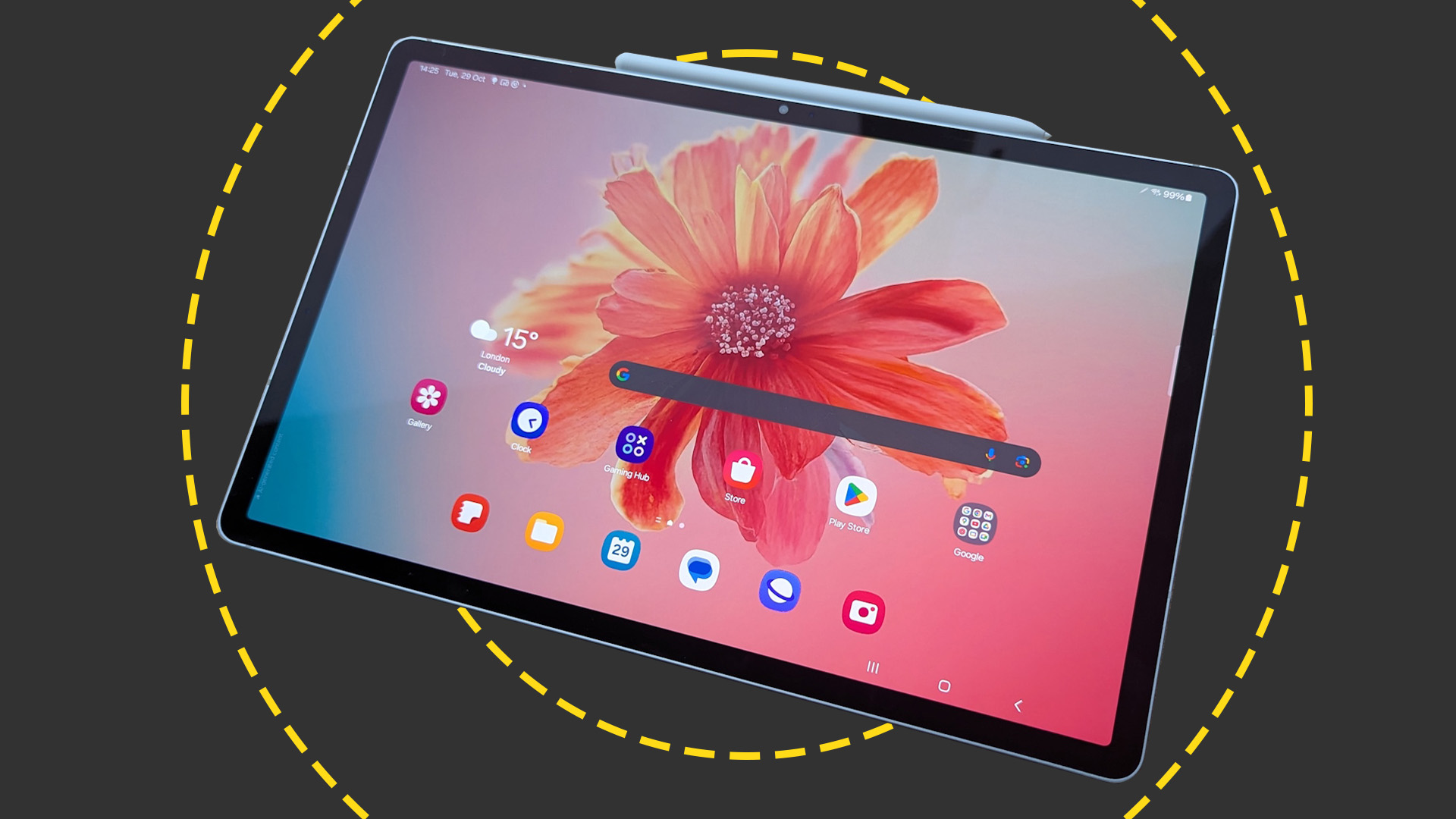 Samsung Galaxy Tab S10+ review: Possibly the best Android tablet for business
Samsung Galaxy Tab S10+ review: Possibly the best Android tablet for businessReviews With good performance, AI features and an exceptional screen, the Tab S10+ is the best Android tablet out there, if not quite the best tablet overall
By Stuart Andrews
-
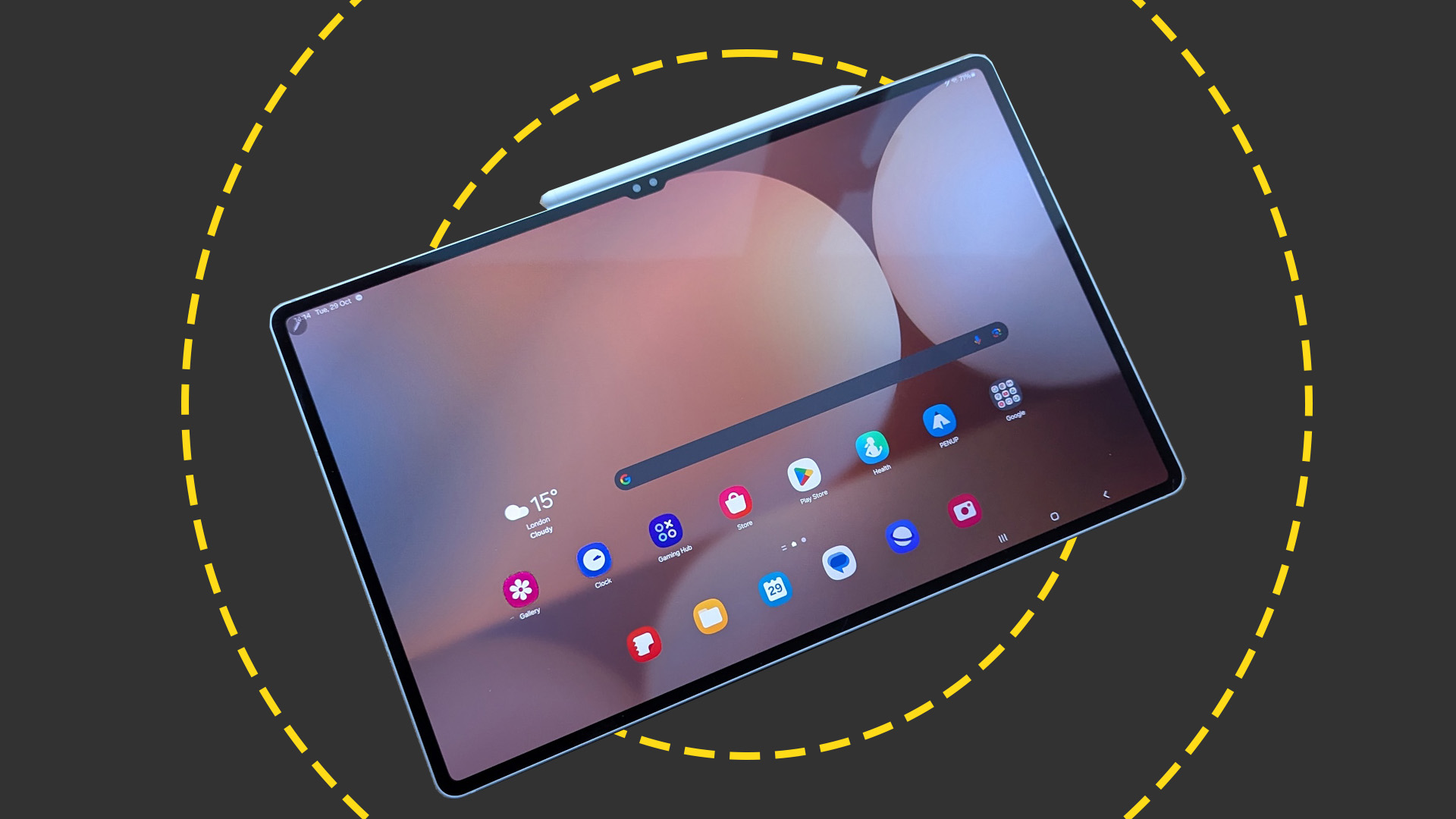 Samsung Galaxy Tab S10 Ultra review: Samsung's big-screen tablet is an AI-powered multitasking monster
Samsung Galaxy Tab S10 Ultra review: Samsung's big-screen tablet is an AI-powered multitasking monsterReviews The sheer size won't be for everyone, but the Tab S10 Ultra has the screen, performance, and multitasking prowess for serious work
By Stuart Andrews
-
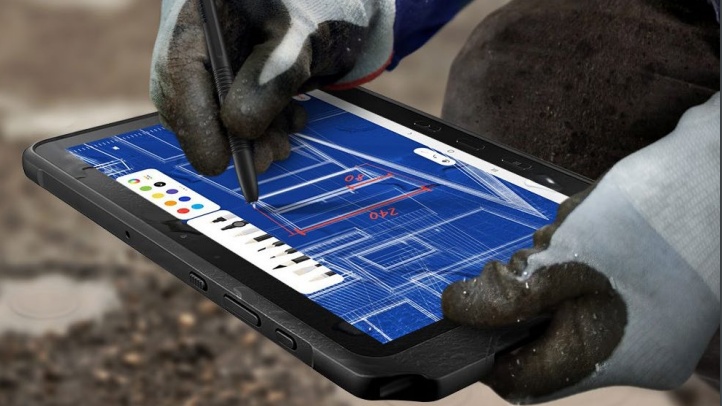 Rugged goes mainstream
Rugged goes mainstreamwhitepaper Why every business needs rugged devices to get the job done
By ITPro
-
 Why tougher doesn’t need to mean harder
Why tougher doesn’t need to mean harderwhitepaper Bridging the rugged and consumer device divide
By ITPro
-
 Samsung reveals plans for $15bn chip research center to break semiconductor scaling barriers
Samsung reveals plans for $15bn chip research center to break semiconductor scaling barriersNews The news follows the company's proposal in July to build 11 Texas semiconductor plants worth $191 billion
By Praharsha Anand
-
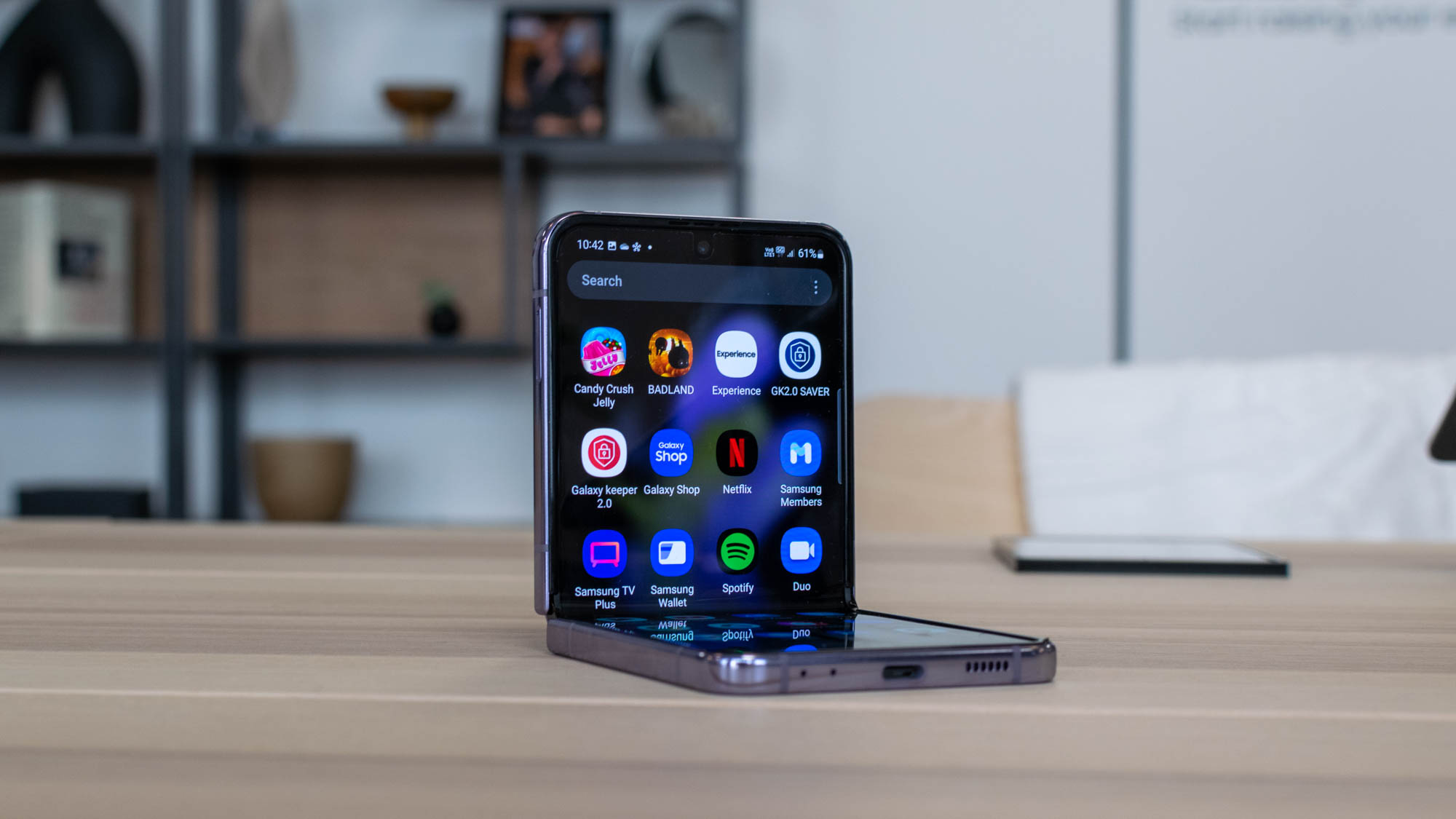 Samsung Galaxy Z Flip 4 hands-on review: A welcome (if minor) update
Samsung Galaxy Z Flip 4 hands-on review: A welcome (if minor) updateFirst look Samsung’s latest foldable is appealing, but does little to stand out from its predecessor
By Adam Shepherd
-
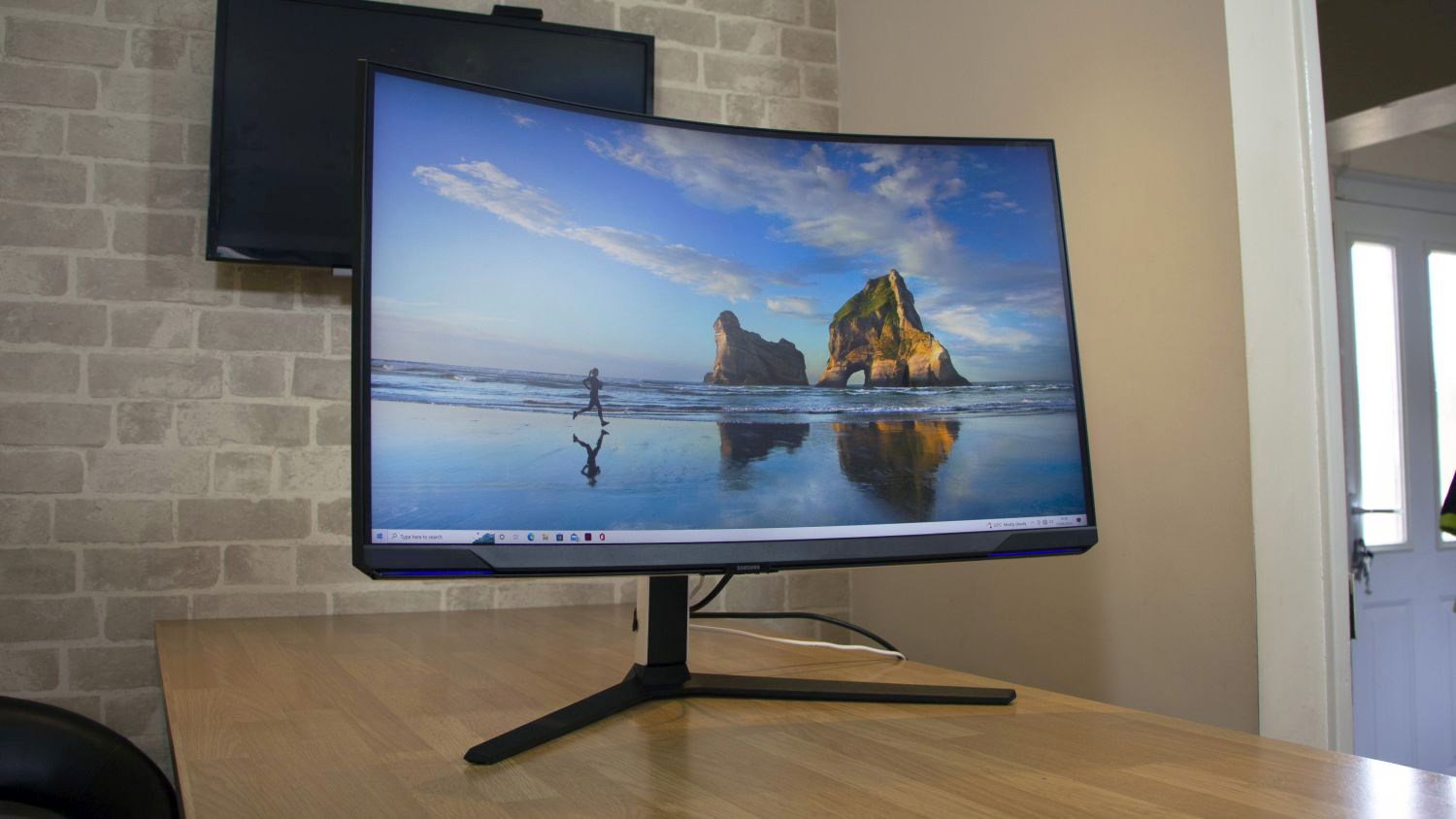
 Samsung Odyssey Neo G8 review: A groundbreaking display for work and play
Samsung Odyssey Neo G8 review: A groundbreaking display for work and playReviews The world’s first 4K/240Hz screen delivers sensational contrast and great colours, albeit for a high price
By Mike Jennings